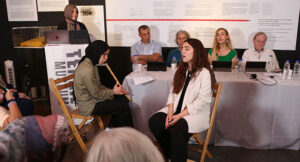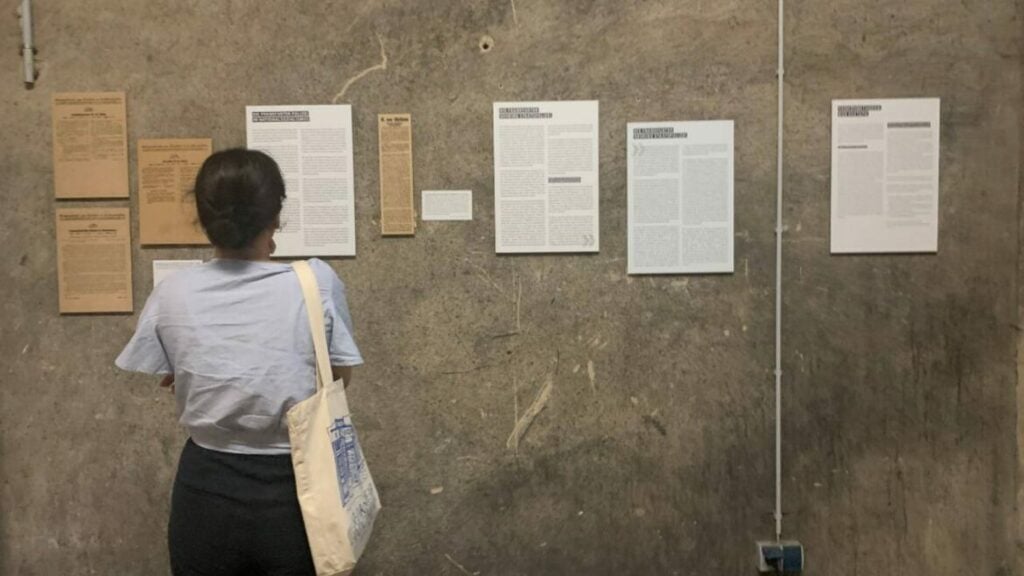The Purge Museum (Tenkil Müzesi in Turkish), an initiative that collects and exhibits items belonging to individuals who survived Turkey’s massive crackdown on the Gülen movement, has opened an exhibit in Germany’s historic Klapperfeld Prison, which was also used by the Gestapo, the Stockholm Center for Freedom reported.
The exhibit opened on July 10 and will run until July 30, according to local reports.
During the opening program, a number of victims of the purge explained what had happened to them in Turkey and during their journey to escape from the crackdown on the Gülen movement, a faith-based group accused by the government of “terrorist” activities.

A panel discussion was also held on the exhibit’s first day that included as participants Abdullah Demirbaş, the former mayor of Sur in Turkey’s southeastern Diyarbakır province, activist and author Kazım Gündoğan and Kurdish singer Hozan Cane, the TR724 news website reported.
The Purge Museum was launched in 2019 in Germany by a group of refugees who fled Turkey after the coup and have been collecting objects from victims ever since. Their exhibits have been staged in various European countries, attracting a large number of visitors.

President Recep Tayyip Erdoğan has been targeting followers of the Gülen movement, inspired by Turkish Muslim cleric Fethullah Gülen, since the corruption investigations of December 17-25, 2013, which implicated then-prime minister Erdoğan, his family members and his inner circle.
Dismissing the investigations as a Gülenist coup and conspiracy against his government, Erdoğan designated the movement as a terrorist organization and began to target its members. He intensified the crackdown on the movement following an abortive putsch that he accused Gülen of masterminding. Gülen and the movement strongly deny involvement in the coup attempt or any terrorist activity.
Following the coup attempt, the Turkish government declared a state of emergency and carried out a massive purge of state institutions under the pretext of an anti-coup fight. More than 130,000 public servants, including 4,156 judges and prosecutors, as well as 24,706 members of the armed forces, were summarily removed from their jobs for alleged membership in or relationships with “terrorist organizations” by emergency decree-laws subject to neither judicial nor parliamentary scrutiny.
In addition to the thousands who were jailed, scores of other Gülen movement followers had to flee Turkey to avoid the government crackdown.

